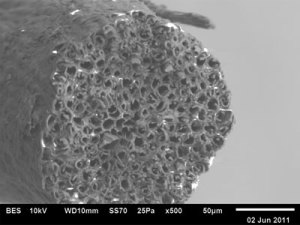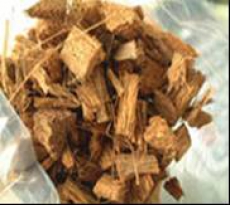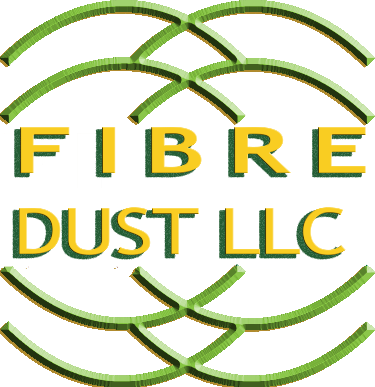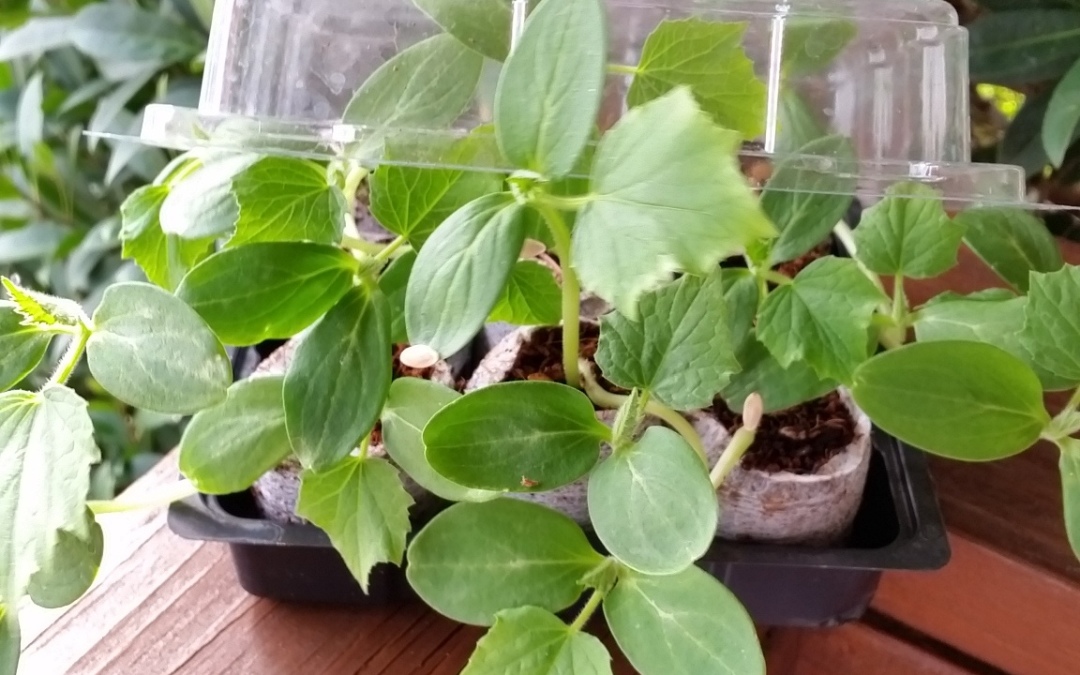Coir is a remarkable growing substrate as many throughout the world have discovered. Growing in this coconut fiber has become the mainstay for many agricultural and horticultural farms. What is it that makes it the perfect grow media for seedlings, cuttings, vegetables,berries, roses, orchids and more? The qualities and uniqueness of growing with coco peat coir turn many experimenters into disciples. Why? How does it absorb water so easily and but still drain so freely? Looking at coir microscopically reveals the answer.
 When you look at coir peat through a microscope, as did Dr. Walter Bradley of Baylor University, what you see are bundles of tubes. Hollow tubes that easily fill with water, but allow that water to flow though leaving behind full tubes that basically become drinking straws for plants to sip from. What lies between these water filled tubes is air. Getting oxygen to roots is is essential to having healthy, strong and prolific root structure. The two combined create a close to perfect combination for growth with one exception: Coir while organic in nature, is sterile and lacking some nutrients that plants need to thrive. But when coir is charged with nutrients it becomes a lean mean growing machine!
When you look at coir peat through a microscope, as did Dr. Walter Bradley of Baylor University, what you see are bundles of tubes. Hollow tubes that easily fill with water, but allow that water to flow though leaving behind full tubes that basically become drinking straws for plants to sip from. What lies between these water filled tubes is air. Getting oxygen to roots is is essential to having healthy, strong and prolific root structure. The two combined create a close to perfect combination for growth with one exception: Coir while organic in nature, is sterile and lacking some nutrients that plants need to thrive. But when coir is charged with nutrients it becomes a lean mean growing machine!
Adding nutrients can be as simple as using time release fertilizer pellets to a growing container filled with coir, or as fine tuned as custom blended nutrient solutions dripped on specific crops.
Coir has a close to neutral pH, unlike peat moss which tends to be acidic. While peat moss has been used for years as a growing media, it tends to shed water, in a hydrophobic way when dry. Coir, will absorb water till the tubes are full letting the excess drain off.
There are several different types coir on the market. There’s coir peat or pith, which holds the most water. There is also coir fiber which consists of longer fibers and larger pieces with more aeration. Coir chunk is popular as an additive to coir pith or peat. It increases the aeration of the pith and is available as a custom blend. Orchid growers grow in chunk fiber because of its large air space and moisture retaining ability. Depending on the crop, growers may custom blend a combination of fiber or use Fibredust 1 meter grow bags which we provide with 2 different ratios of coir pith to coir chunks or chips. We have 70 -30 bags and 30-70 bags which allow different textures and qualities for different crops.
Coir chunk is popular as an additive to coir pith or peat. It increases the aeration of the pith and is available as a custom blend. Orchid growers grow in chunk fiber because of its large air space and moisture retaining ability. Depending on the crop, growers may custom blend a combination of fiber or use Fibredust 1 meter grow bags which we provide with 2 different ratios of coir pith to coir chunks or chips. We have 70 -30 bags and 30-70 bags which allow different textures and qualities for different crops.
Coir is often used as a additive to many popular soil blends, as a conditioner and a wetting agent. It can work with garden soil amending too, no matter what your soil condition is. Working coir into clay soils will add aeration and drainage. Working coir into sandy soils adds water retention qualities. Growing in coir directly as in raised garden beds or containers gives one the advantage of sterility. No weed seeds or diseases are present in coir.
Urban farmers using vertical growing towers find coir mixed with perlite to be a great combo for growing tomatoes, strawberries, beans and more.
Coir users around the world trust FibreDust to supply their coir needs. It is washed and ready to grow. We can custom blend for your use. Our grow bags are OMRI Listed for organic use, or can be buffered if desired. Just let us know. Please contact us for more info on FibreDust coir and coir based products. You’ll be glad you did. For small quantities, Amazon is your best bet!


